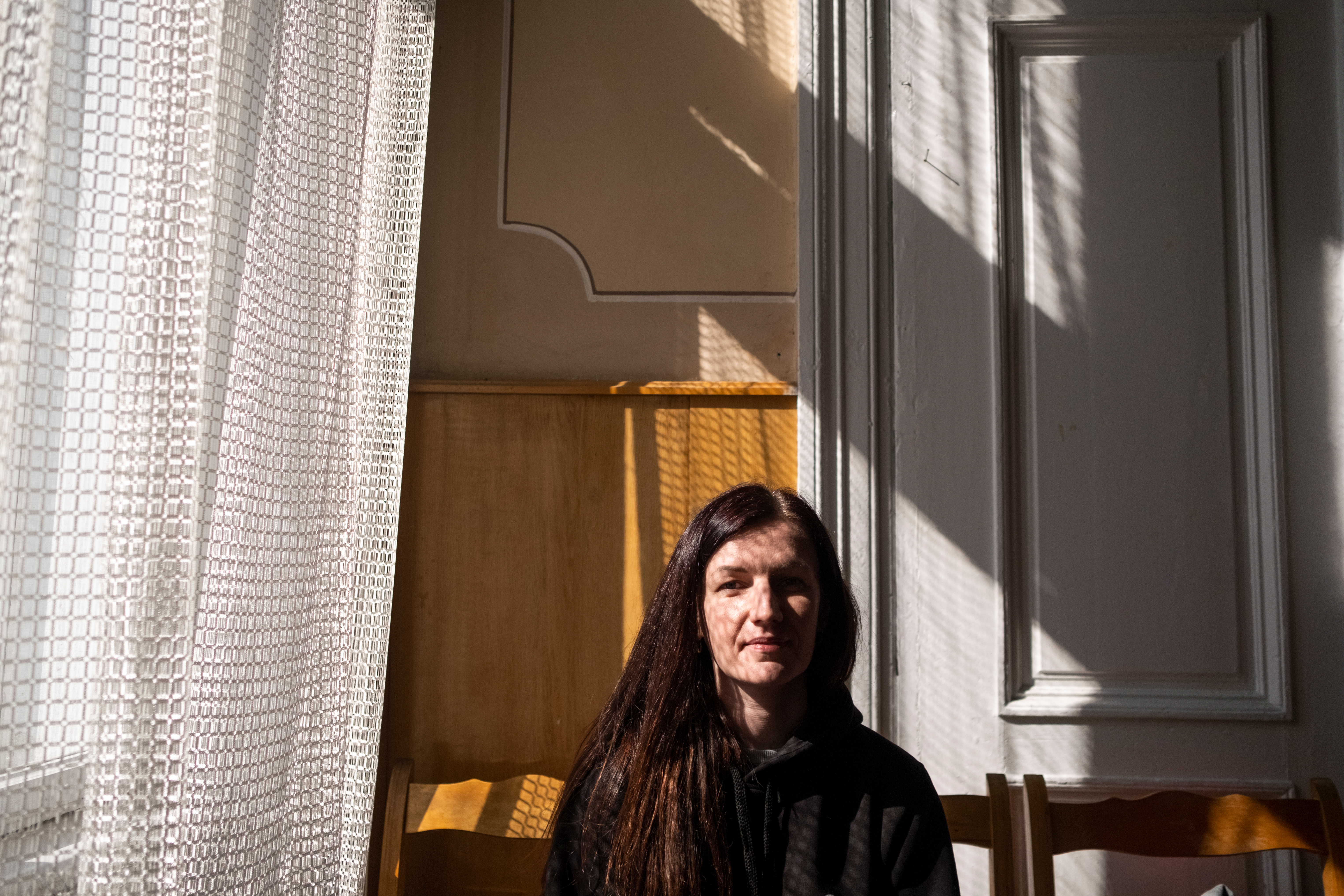In the words of Ievgeniia Oliinyk: “Journalists in Ukraine are working with determination”
Date:
Media Development Foundation is a non-profit organisation that supports media organisations in Ukraine. Since the first days of the Russian military invasion, they set up a media assistance coordination center in Chernivtsi, a city in southwestern Ukraine, and assisted with transportation, housing and safe working conditions for journalists and newsrooms across the country.

“I am a Chernivtsi native but moved to Kyiv six years ago where I started working as a program director for the Media Development Foundation. When the country received information about a possible Russian invasion, we started getting ready for this scenario. Many newsrooms bought bulletproof vests, and some made plans in case they had to move to another city. Within our team, we discussed that we would move the office to Chernivtsi if a war started. We employed 15 people in Kyiv and had almost 100 media partners in other regions.
On 24 February, at 5am, the war started. I had to master my emotions, act clearly and guide colleagues. Within a day, the panic subsided, and we began to relocate the team further west in Ukraine to continue the work. The first three days were crucial to understand how your body works under stress. Some [journalists] rushed back to the war zones because they could not stand the atmosphere of a peaceful city after seeing the country on fire.
During the first days, we announced that we were creating a Media Assistance Coordination Centre. We were the first to reach out to media to ask: ‘Where are you? How are you? Do you plan to cover the military offensive from your cities, or would you move the staff to a safer place?’
Now there are several areas of our activity in the Media Assistance Coordination Centre. First, we are providing helmets, bulletproof vests, goggles and special uniforms for journalists in the war zone. Second, our team is supporting the media and newsrooms that remain in hotspots. Third, we are providing consultations and trainings for editors and journalists on how to properly cover the war, and finally, we are giving financial support to newsrooms and media that are in need.
We also engaged in relocation of the media, individual journalists, and entire newsrooms to Chernivtsi and the Western region, and helped them with housing and offered a place to work in our center. In these few weeks, we have relocated 40 different media. Not all of them stay in Chernivtsi—some go to European countries—but the majority are based here and do reporting around the country.
We are now working with determination and are proud to see how much we and our fellow journalists have grown professionally since 2014.”
The article is prepared in the framework of the UN Women project “Advancing Gender Equality and Women’s Empowerment through Decentralization Reform of Ukraine” funded by Global Affairs of Canada. The project now focuses on women’s leadership and support for women and girls during the war in Ukraine.